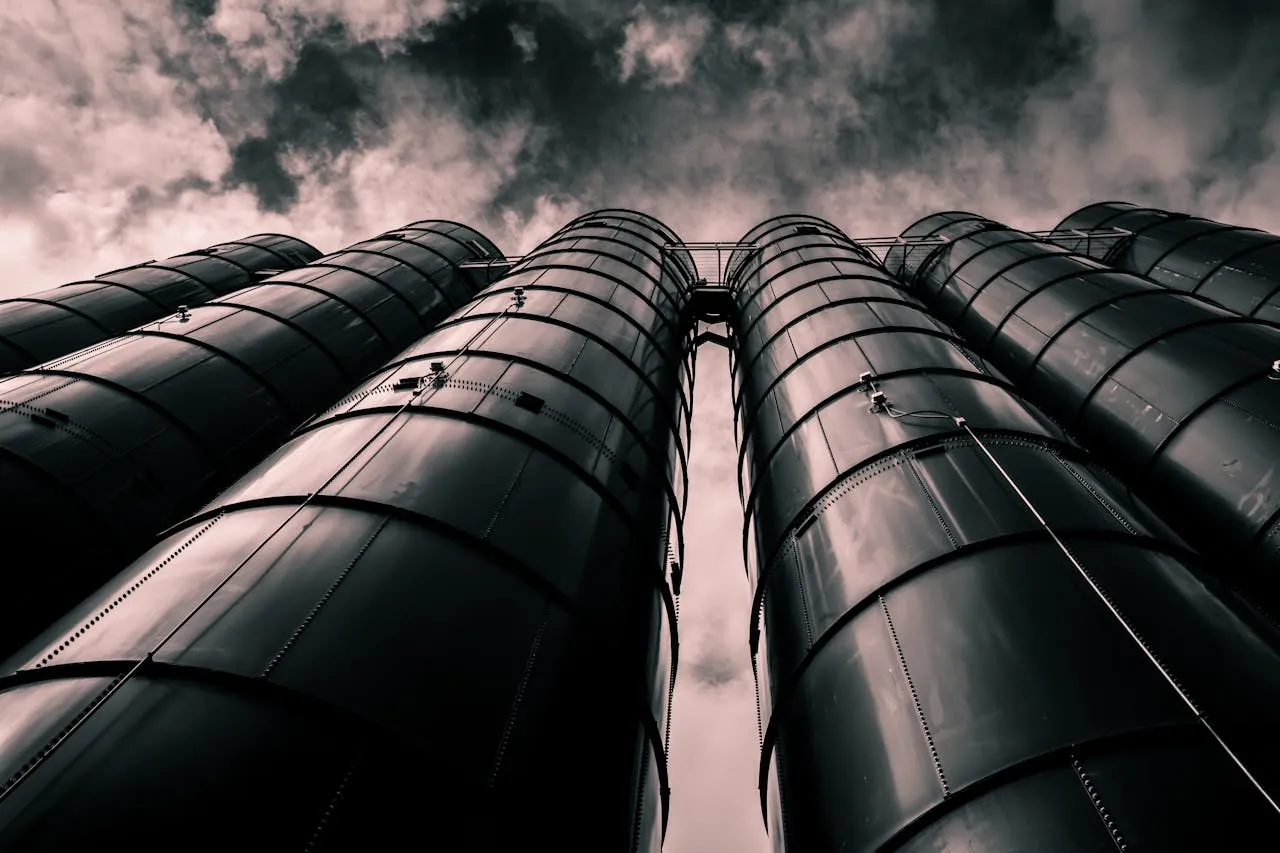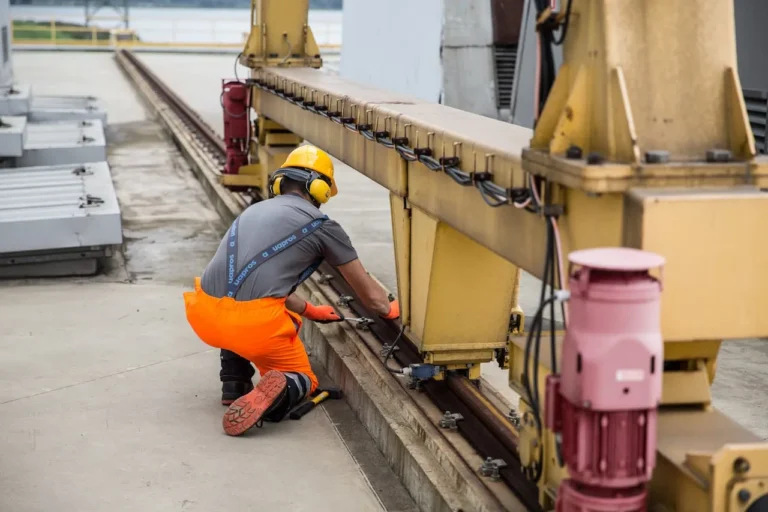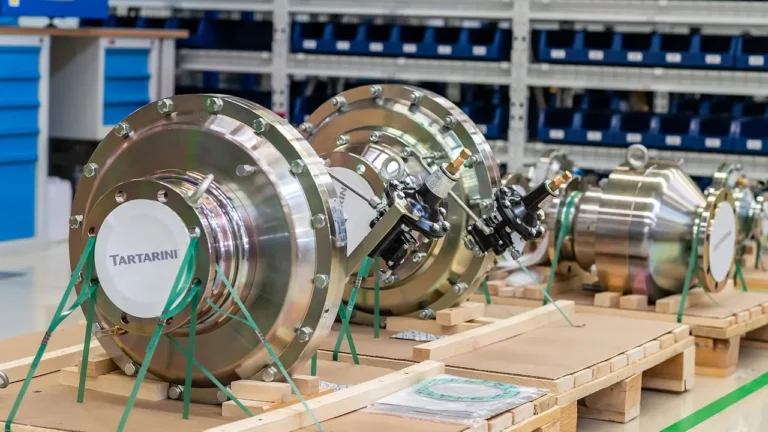
Furno Materials, a pioneer in sustainable cement production, has reached a significant milestone by achieving ASTM C150 certification, the recognized standard for Ordinary Portland Cement (OPC). Impressively, Furno’s cement has demonstrated performance levels that are double the industry’s ASTM standard. This groundbreaking achievement combines the strength and reliability of traditional OPC with enhanced sustainability, establishing Furno as a transformative force in the cement industry.
For the past two decades, various alternative cement chemistries have been developed to reduce carbon emissions. Despite substantial investments and lengthy development processes, these alternatives have struggled to achieve widespread market acceptance due to complex supply chains, extended setting times, performance uncertainties, and the regulatory challenges associated with new technologies. In an industry known for its conservative approach—building structures intended to last a century—adopting new materials is often viewed as a high-risk, low-reward endeavor. As a result, the industry has remained dependent on traditional OPC processes, which have maintained a low-carbon footprint until now.
Furno offers a solution to these challenges. This Silicon Valley-based startup produces Ordinary Portland Cement (ASTM C150)—a product trusted by builders for over 200 years. Furno provides a plug-and-play solution that boasts improved strength, performance, and reliability while significantly reducing carbon emissions. This milestone represents a major breakthrough for the industry, as Furno provides a direct pathway to decarbonizing cement production without the complications of a complex value chain.
Our ASTM test results speak for themselves,” stated Gurinder Nagra, CEO of Furno Materials. “Our cement not only surpasses industry standards but does so with a fraction of the carbon emissions. With third-party validation from CTL and support from industry leaders, our cement is ready for market adoption.
Nagra explained that Furno was founded with the mission to standardize, decarbonize, and decentralize cement production. The company’s standardized, mass-produced plants are designed to reduce costs, enhance manufacturing flexibility, and facilitate deployment in under 12 months. Its innovative gas-based combustion system eliminates coal from the production process, reducing heating emissions by 70%. Additionally, Furno replaces virgin limestone with calcium-rich waste materials, effectively mitigating CO2 emissions associated with limestone extraction.
Furno’s cement is not only environmentally superior but also meets the high-performance standards we demand for our projects,” said Marty Ozinga, CEO of Ozinga. “Our customers and we aim to lower our carbon footprint without compromising on quality and timelines. Furno delivers the same trusted product we’ve relied on for generations while significantly reducing emissions. We look forward to collaborating with Furno to integrate this cement into our operations, helping us achieve our goal of carbon-neutral concrete by 2030.
By meeting both performance standards and sustainability objectives, Furno is well-positioned for large-scale adoption.
With these results and the backing of key industry leaders, we’re ready to scale, Nagra added. Meeting ASTM standards is just the beginning. Today’s market demands cement that far exceeds those benchmarks. Our product not only meets but surpasses the strength and performance that customers expect from traditional cement, without compromising on quality or reliability. What sets us apart is our ability to achieve this while significantly reducing emissions. By offering the same trusted product currently used in the industry, we eliminate barriers to adoption, making it easy for concrete companies to incorporate our solution.




